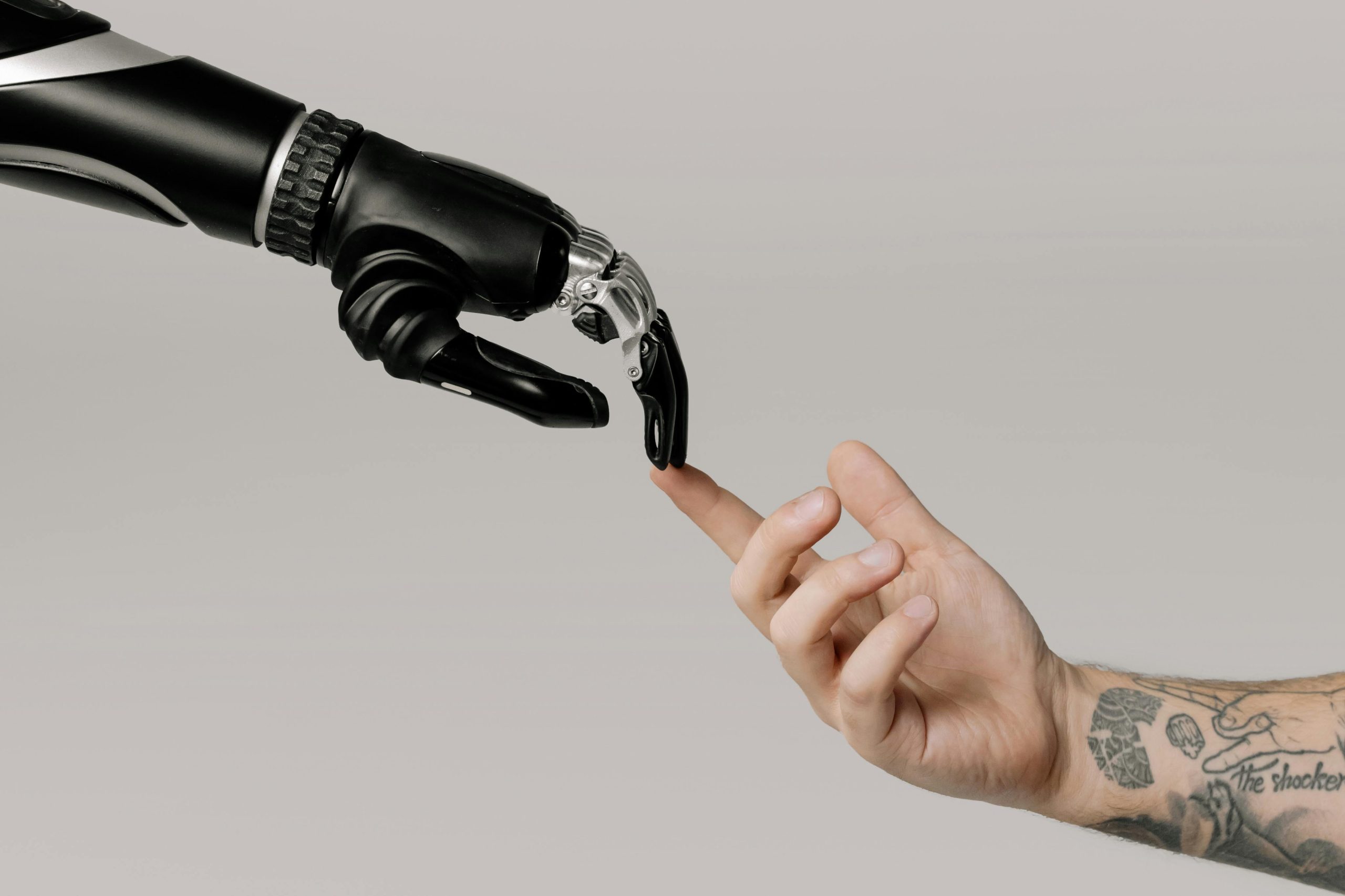Introduction: In the realm of artificial intelligence, one concept stands out for its promising potential – AI Futa. This innovative technology has been making waves across industries, offering groundbreaking solutions and redefining the future landscape. In this article, we delve into the intricacies of AI Futa, exploring its applications, benefits, and the transformative impact it holds for various sectors.
Understanding AI Futa
AI Futa, short for “Artificial Intelligence Future Advancement,” represents the next frontier in AI innovation. Unlike traditional AI systems, AI Futa is designed with enhanced capabilities, leveraging advanced algorithms and deep learning techniques to simulate human-like intelligence. By harnessing the power of machine learning and data analytics, AI Futa can analyze complex datasets, identify patterns, and make informed decisions with unparalleled accuracy.
The Evolution of AI Futa
The journey of AI Futa traces back to the early developments in artificial intelligence. Over the years, significant advancements in technology have paved the way for the emergence of more sophisticated AI systems. From basic rule-based algorithms to neural networks and deep learning models, AI Futa represents the culmination of decades of research and innovation in the field of AI. You may also like to read about AI Celeb Nudes: Exploring the Impact and Ethics.
Key Components of AI Futa
At the heart of AI Futa lies a diverse array of components, each playing a crucial role in its functionality:
Neural Networks:
These interconnected nodes mimic the structure of the human brain, enabling AI Futa to process and analyze vast amounts of data.
Machine Learning Algorithms:
AI Futa employs advanced machine learning algorithms to learn from data, adapt to new information, and improve its performance over time.
Natural Language Processing (NLP):
NLP allows AI Futa to understand and interpret human language, enabling seamless communication and interaction with users.
Deep Learning Models:
By leveraging deep learning techniques, AI Futa can extract meaningful insights from complex datasets, uncovering hidden patterns and correlations.
Applications of AI Futa
AI Futa holds immense potential across various domains, revolutionizing industries and driving innovation. Some notable applications include:
Healthcare:
In the healthcare sector, AI Futa is revolutionizing patient care, from diagnosis and treatment planning to personalized medicine and drug discovery.
Finance:
AI Futa is transforming the financial landscape, powering predictive analytics, fraud detection, and algorithmic trading.
Manufacturing:
In manufacturing, AI Futa is optimizing production processes, enhancing quality control, and enabling predictive maintenance.
Customer Service:
AI Futa is reshaping customer service operations, with virtual assistants and chatbots delivering personalized and efficient support round-the-clock.
Benefits of AI Futa
The adoption of AI Futa offers a myriad of benefits for businesses and society as a whole:
Enhanced Efficiency:
By automating repetitive tasks and streamlining processes, AI Futa helps businesses improve efficiency and productivity.
Data-Driven Insights:
AI Futa enables organizations to derive actionable insights from data, empowering informed decision-making and strategic planning.
Cost Savings:
Through optimization and resource allocation, AI Futa helps businesses reduce operational costs and maximize profitability.
Improved User Experience:
With personalized recommendations and intuitive interfaces, AI Futa enhances the user experience across various applications and platforms.
Challenges and Considerations
Despite its transformative potential, AI Futa also presents certain challenges and considerations:
- Ethical Concerns: The ethical implications of AI Futa raise questions regarding privacy, bias, and accountability, necessitating careful consideration and regulation.
- Data Security: The proliferation of AI Futa raises concerns about data security and privacy, highlighting the need for robust cybersecurity measures and data protection protocols.
- Skill Gap: The widespread adoption of AI Futa requires a skilled workforce capable of developing, implementing, and maintaining AI systems, posing challenges in talent acquisition and training.
FAQs (Frequently Asked Questions)
What is the significance of AI Futa in today’s digital landscape?
AI Futa represents the next evolution of artificial intelligence, offering enhanced capabilities and transformative potential across industries.
How does AI Futa differ from traditional AI systems?
Unlike traditional AI systems, AI Futa leverages advanced algorithms and deep learning techniques to simulate human-like intelligence and decision-making.
What are some notable applications of AI Futa?
AI Futa finds applications in healthcare, finance, manufacturing, customer service, and various other domains, driving innovation and efficiency.
What benefits does AI Futa offer for businesses and society?
AI Futa enhances efficiency, drives data-driven insights, enables cost savings, and improves the user experience, among other benefits.
What are some challenges associated with the adoption of AI Futa?
Ethical concerns, data security risks, and the skill gap are among the challenges and considerations associated with the widespread adoption of AI Futa.
How can businesses address the ethical implications of AI Futa?
Businesses can mitigate ethical concerns by implementing transparent and accountable AI practices, prioritizing fairness, and fostering diversity and inclusion in AI development.
Conclusion
In conclusion, AI Futa represents a paradigm shift in artificial intelligence, offering unparalleled capabilities and transformative potential across industries. From healthcare and finance to manufacturing and customer service, AI Futa is revolutionizing the way we work, live, and interact with technology. As we navigate the opportunities and challenges of this AI-driven future, it is imperative to approach AI Futa with careful consideration, ensuring that it serves as a force for good in our rapidly evolving digital landscape.


